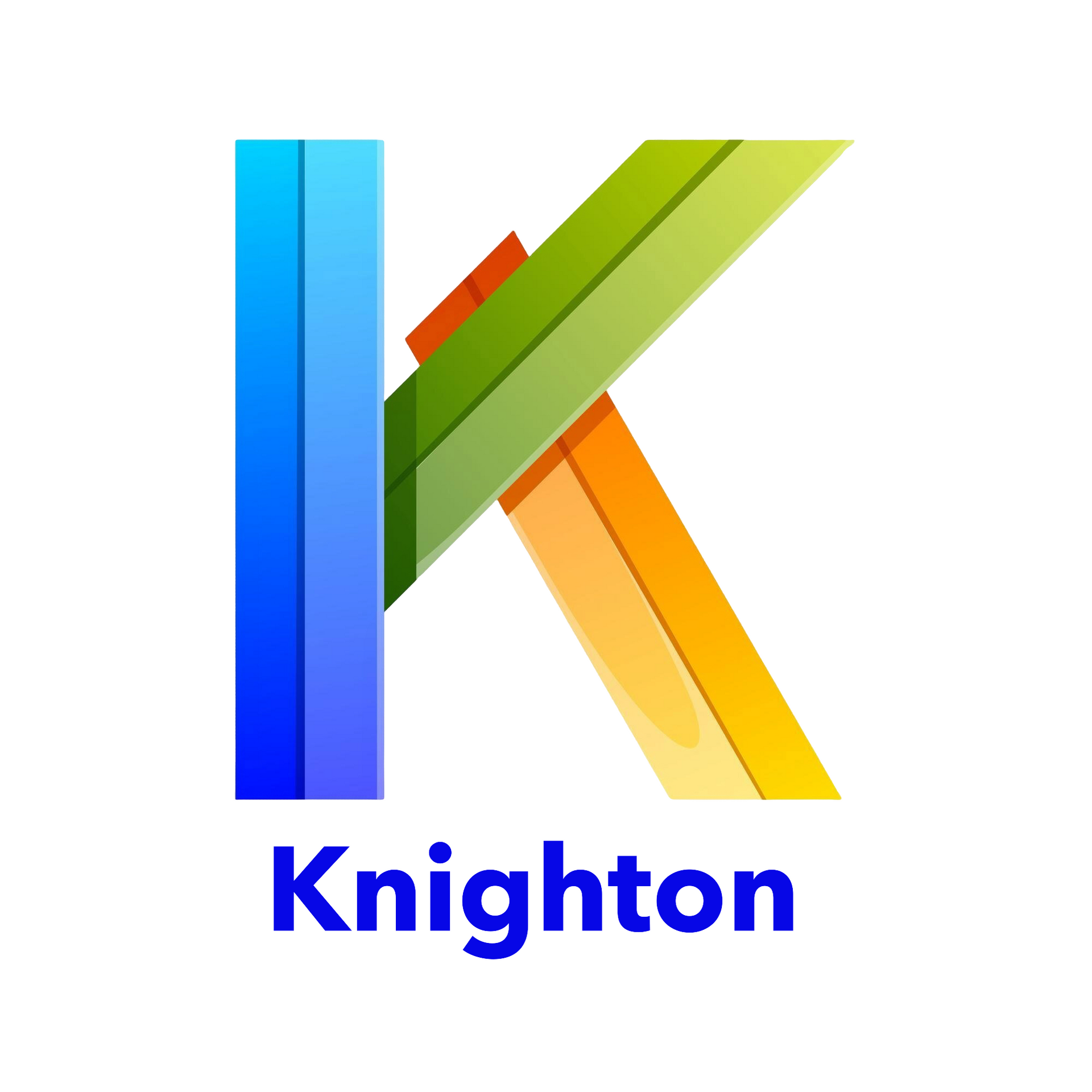HEALTH&SOCIAL CARE COURSES
BSc (Hons) Health, Wellbeing and Social Care with Foundation Year
Our BSc (Hons) Health, Wellbeing and Social Care with Foundation Year course delivers a comprehensive understanding of the healthcare sector, helping you develop the skills and experiences needed to be impactful following your graduation.
The learning structure during the Foundation Year has been designed to develop your academic skills while uncovering essential topics relating to health and social care. What you learn during this year will provide a fundamental understanding of the sector and support your progression into the following years of the course.
The following three years of the course will progressively build in levels of intensity, exploring key topics including behavioural influences in healthcare provision and how to deliver effective management across the sector. The quality of course materials will be matched by our experienced lecturers — giving you a wealth of experience and invaluable perspectives throughout the course.
The structure of this course ensures that you will be ready to embark on your new career — with the skills, practical experience and industry scope needed to be impactful in health and social care now and into the future.
COURSE OVERVIEW
01
Intakes
September , February , July
02
Duration
Four years
03
Awarded Qualification
BSc (Hons) Health, Wellbeing and Social Care with Foundation Year by Oxford Brookes Unv
04
Delivery
Weekdays, evenings and/or weekends
05
Locations
London, Birmingham, Manchester, Leeds
06
Fees
£9250 ( Student Finance available)
Curriculum
This course includes or offers the following modules.
Year 0 (Foundation)
- Academic writing skills for success 1 (20 credits)
- Health and Social Care 1 (20 credits)
- Health and wellbeing across communities, and in Health and Social Care environments (20 credits)
- Professional foundations of Health and Social Care (20 credits)
- Care, compassion and communication in Health and Social Care (20 credits)
- Academic writing skills for success 2 (20 credits)
Year 1
- Introduction to using research and evidence in Health and Social Care (20 credits)
- Health and Social Care 2 – policies and practice (20 credits)
- Communication and ethics in Health and Social Care (20 credits)
- Culture and society in Health (20 credits)
- Biological psychological and social determinants of health across the life course (20 credits)
- Careers and employability in Health and Social Care (20 credits)
Year 2
- Equality and social justice in Health and Social Care (20 credits)
- Safeguarding children and adults in Health and Social Care (20 credits)
- Health and Social Care 3 – Professional development through work-based learning (20 credits)
- Health and Social Care for healthy ageing (20 credits)
- Applied research in practice (20 credits)
- Mental health and wellbeing across the life course (20 credits)
Year 3
- Evaluating and managing quality in Health and Social Care (20 credits)
- Social Justice, equality and vulnerability (20 credits)
- Challenging evidence Health and Social Care (20 credits)
- Leadership and management in Health and Social Care (20 credits)
Description Title
This course will provide you with opportunities tThe assessment strategy has been carefully designed to enable students to develop a full range of knowledge, skills and competencies that are key in health and social care. The variety of assessments takes a broad range of factors into account including intended learning outcomes, professional standards in the health and social care industry, student demographics and our pedagogical approach — with each factor helping to maximise the efficiency and effectiveness of the learning experience.
We utilise a strategic and holistic approach to selection and design in our assessment strategy. Essays, reports, presentations, debates and small group projects have been identified as effective means for assessing student development. Where possible, we will use real-life simulations so that students can develop structured arguments through reflection, judgement and targeted evaluation. Students will also research specific areas and formulate objective conclusions — supported by appropriate referencing. In addition, students will be able to creatively use evidence-based writing skills to apply professional judgement in making recommendations and solving problems for future best practices. All group projects will require measured commitment and input from all members, objectively assessed through peer presentation and review.
Presentations will be performed individually and in groups that address concepts of a particular scenario. These assessments will also include a question-and-answer element.
Group debates will be conducted around a particular topic or subject area within health and social care. A proposition will be offered and defended within the group context. This will enable students to demonstrate the ability to work effectively with each other, respect inputs from fellow students, effectively present information and prepare persuasive arguments.o test your knowledge and understanding informally through ‘formative’ assessments. Formative assessments will be completed before your formal ‘summative ’ assessment, which will determine your final marks.
Each module normally contains at least one piece of formative assessment from which you will receive feedback from your course team. Formative assessments are purely for developmental purposes and do not count towards your final module mark. They are designed to help you to gain more knowledge and confidence in the module material and approaches to formal assessment. Students who do not engage with informal assessments often struggle with Foundation Year progression, as well as with the academic levels above.
The formal summative assessment usually occurs towards the end of each module. Assessment methods may include written examinations and a range of coursework, including reports, portfolios, essays and presentations. The marks awarded for summative assessments count towards your final module mark. Assessment methods are reviewed annually and may be updated in consultation with students, for example in response to student or External Examiner feedback. An External Examiner is an independent academic expert from another higher education provider; , and they are appointed by the Univerity to provide external assurance regarding the academic standards of your course.
Entry Requirement
Standard Entry Requirements ( Under 21)
Education
80 UCAS tariff points (or above) or 60 Credit Ofqual qualification at Level 3.
All applicants are assessed by the admission team via interview for listening and speaking and for writing via a personal reflection statement.
Applicants aged 21+
If applicants do not meet the standard entry requirements, we will also consider those with life/work skills which would make them suitable for undergraduate study with a Foundation programme.
All Applicants
All applicants must be assessed by the admission team via interview for listening and speaking and for writing via a personal reflection statement.
Documents required:
- Application form
- Supervised Personal reflection statement
- Personal interview
80 UCAS tariff points (or above) or 60 Credit Ofqual qualification at Level 3.
Applicants aged 21+
If applicants aged 21+ do not meet the standard entry requirements, we will also consider those with life/work skills which would make them suitable for undergraduate study with our Foundation programme.
All Applicants
All applicants are assessed by the Course Provider . Admissions Team via interview for listening and speaking and for writing via a Personal Reflection Statement. Applicants must also be able to evidence a minimum of B1 English, either via exam taken on campus or equivalent accepted English language qualification.
Documents required:
- Application form
- Supervised Personal reflection statement
- Personal interview
Fees&Funding
Write a description for this tab and include information that will interest site visitors. For example if you are using tabs to show different services write about what makes this service unique. If you are using tabs to display restauraFunding your study
All students can access student finance.
Tuition Fee Loans
A Tuition Fee Loan covers the cost of your tuition fees. This is paid directly to your awarding institution (in this case Oxford Brookes University). Loan repayments only start once you have finished your course and are earning £26,575 a year or more. Both full- and part-time learners can apply.
Maintenance Loans
If you are eligible, you can also apply for a Maintenance Loan to cover living expenses. This loan is paid directly into your bank account at the start of term. Maintenance Loans has are repaid after you finish your course and your earnings are above £26,575 per year. For more information, please visit gov.uk/studentfinance.
Maintenance Grants
You can also apply for a Maintenance Grant to help with living costs. Maintenance Grants are paid directly into your bank account at the start of term. You don’t have to pay them back, but any funds you get will reduce the size of the Maintenance Loan you could receive, should you also wish to apply for one.
New students must prove they have been living in the UK for five years before their course start date in order to get living cost support from Student Finance England.nt items write about what makes a specific dish particularly worthwhile or delicious.









